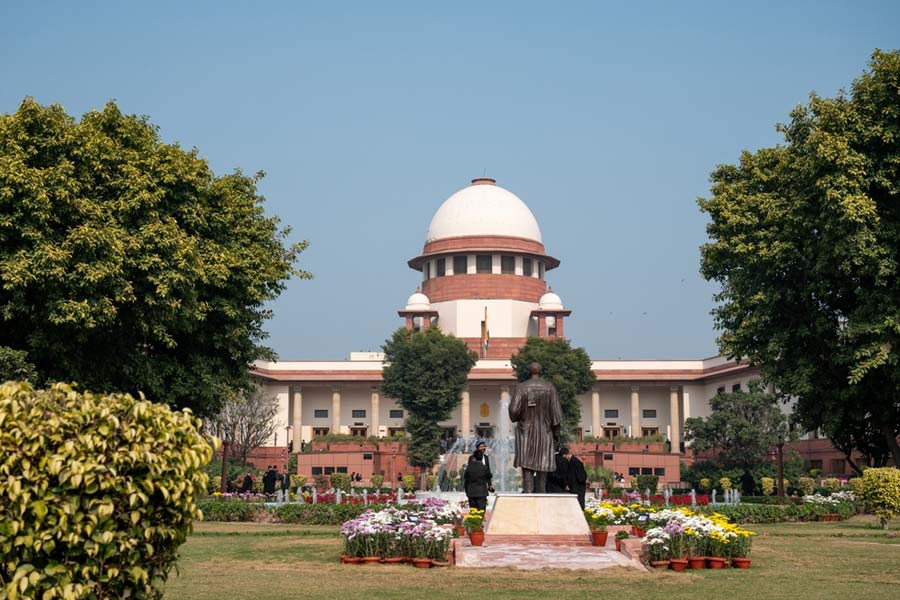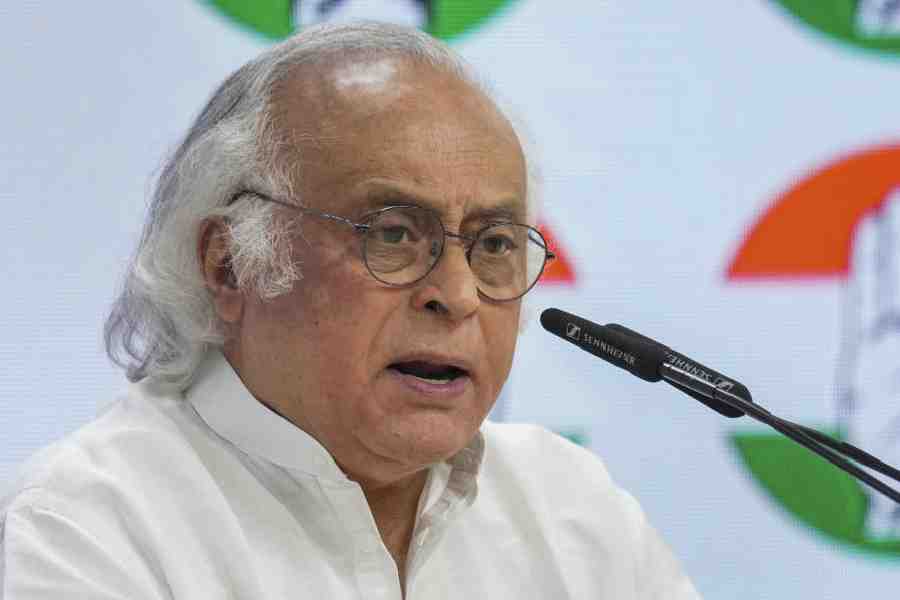While dealing with a petition to cancel the registration of the All India Majlis-e-Ittehadul Muslimeen, a bench of the Supreme Court comprising the justices, Surya Kant and Joymalya Bagchi, made an observation that has immense significance for the republic and its polity. Regional political outfits, they remarked, expressly promote regionalism which, in the learned judges’ opinion, is as inimical to the unity and the integrity of the nation as the spectre of communalism. The apex court declined to entertain the petition — the petitioner had contended that the AIMIM’s constitution was anti-secular since it sought to advocate the cause of the Muslim community only. The court gave the petitioner the liberty to file a neutral appeal pertaining to broader issues of electoral reform.
But what is of interest and importance in this particular case is the Supreme Court’s positioning of regionalism in the same bracket as communalism when it comes to their disruptive ability. Could this inference not be read as an instance of generalisation? Is there merit in such a comparison? There is no denying the fact that provincialism, as it were, has been turned into political capital by regional parties. Bengal’s ruling party is a case in point. Indeed, the sentiment of Bengali exceptionalism has been a potent electoral weapon wielded by Mamata Banerjee. But to suggest that adherence — even pandering — to the local is injurious to the fabric of national unity, something that communalism aims to achieve, is perhaps uncalled for. This is because India’s federal edifice is based on the concept of a fine balance between the national and the regional: this federal scaffolding has served the nation well, especially against the executive's impulses of centralisation. Even more important is the argument that sectarianism or majoritarianism, or any other form of communalism for that matter, goes against the foundational grain of the republic. India, unlike many of its neighbours, was blessed by constitutional-framers who vouched for the pursuit of secularism as a path to humanitarianism and egalitarianism. The horror of the Partition was a likely factor that goaded India towards this progressive path. Communalism and its proponents vilify this basic charter of India’s nationhood. While the politicisation of regionalism has its obvious demerits, its potency cannot match the poison that is communalism.










